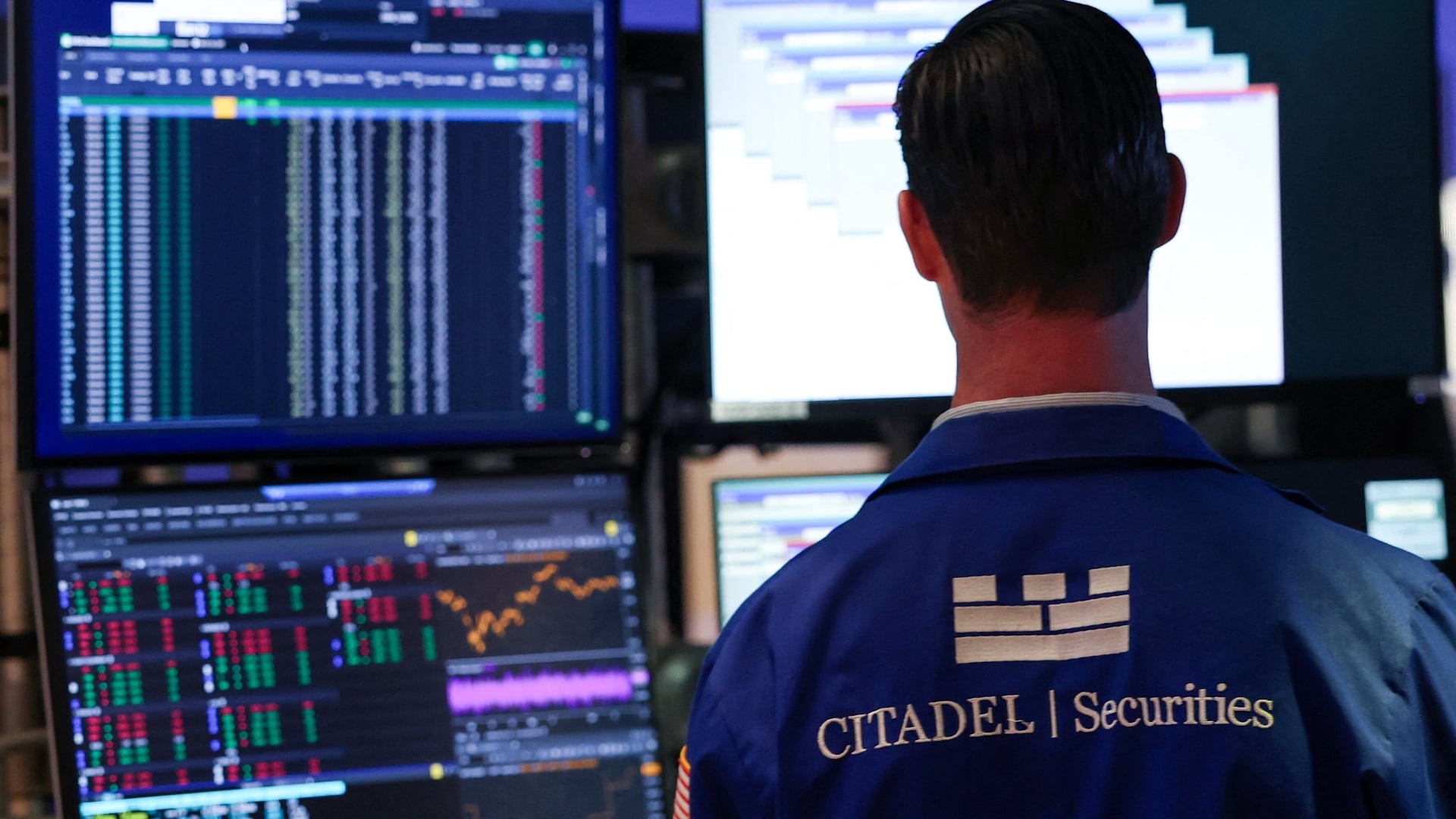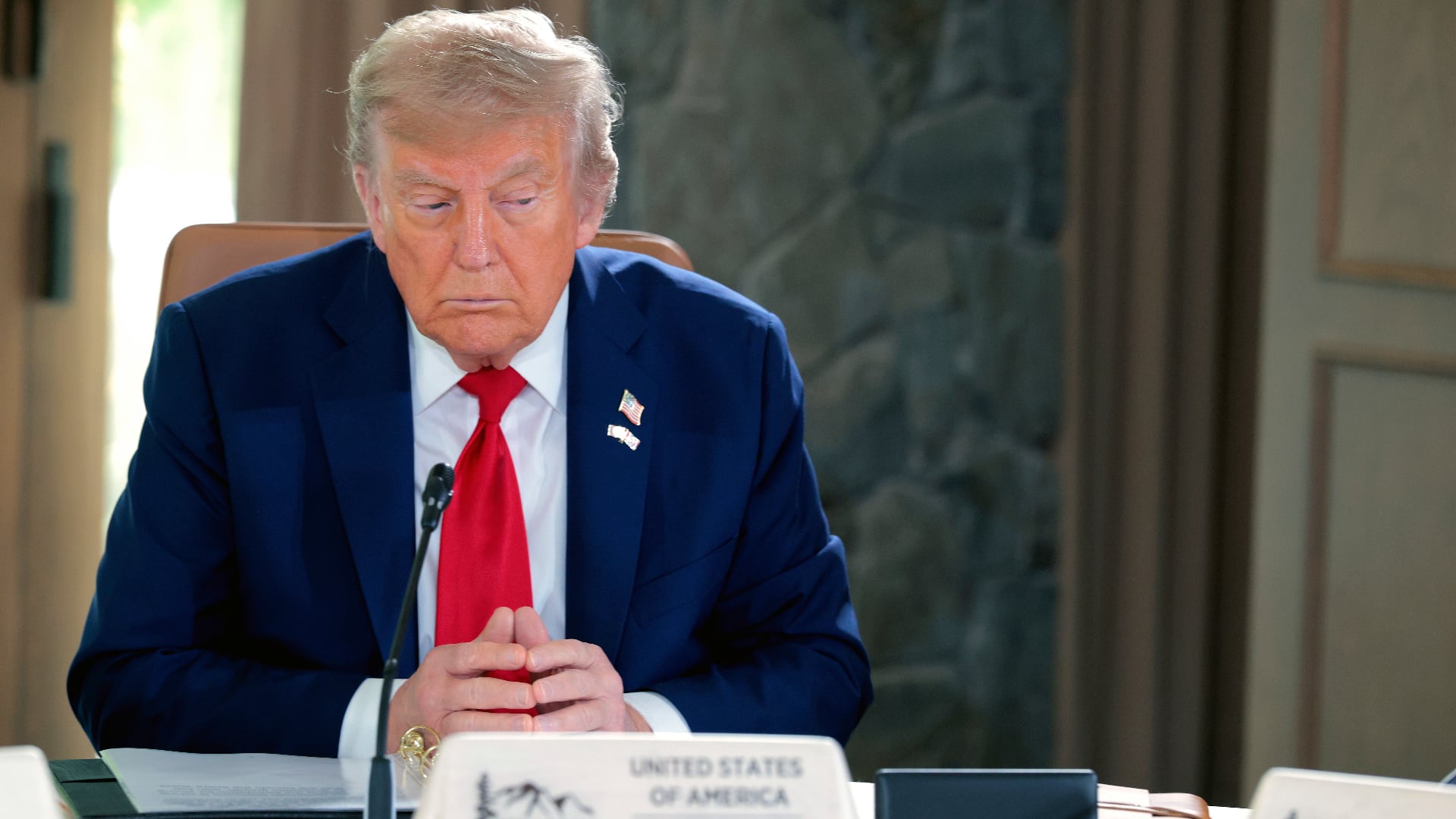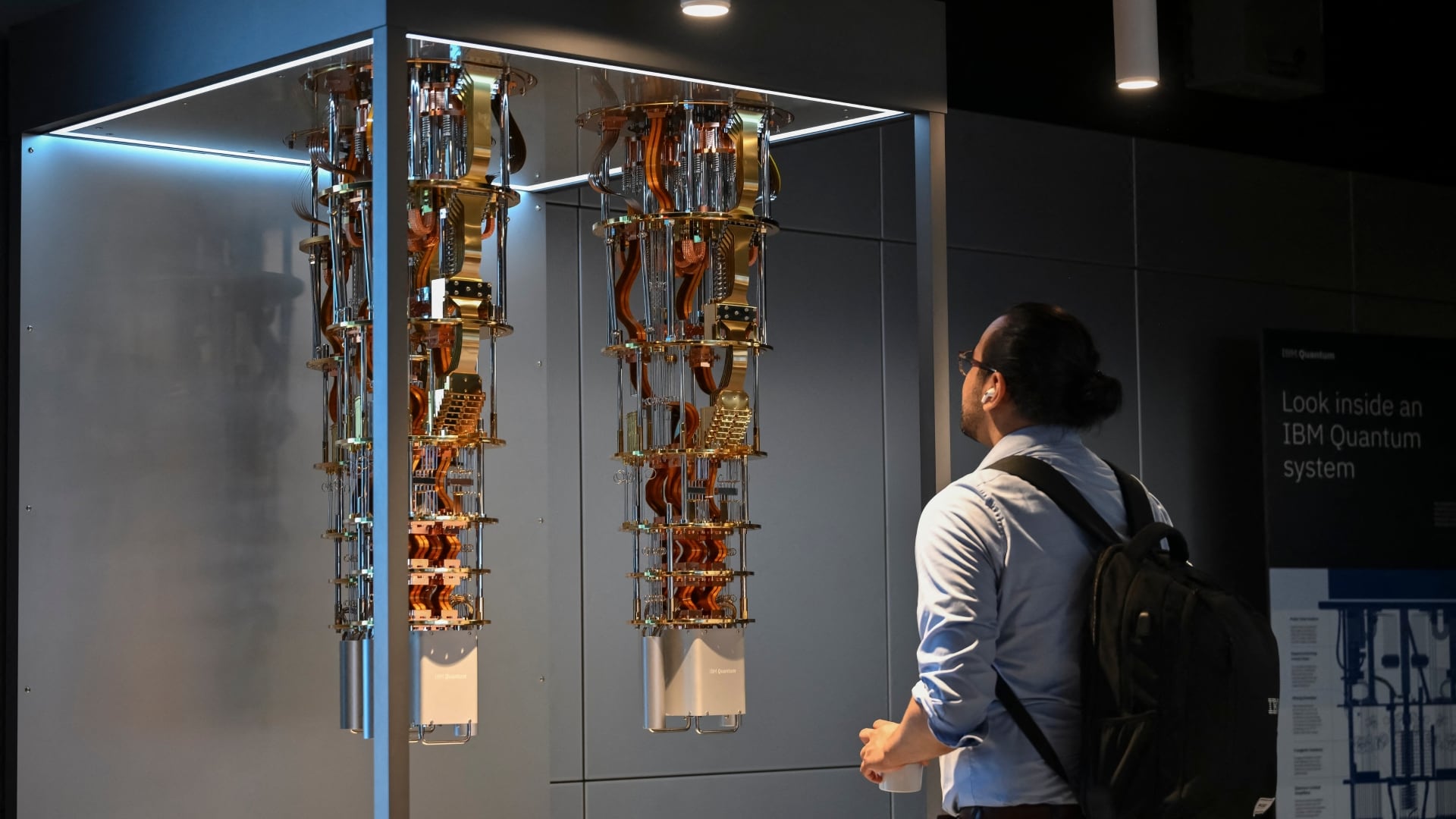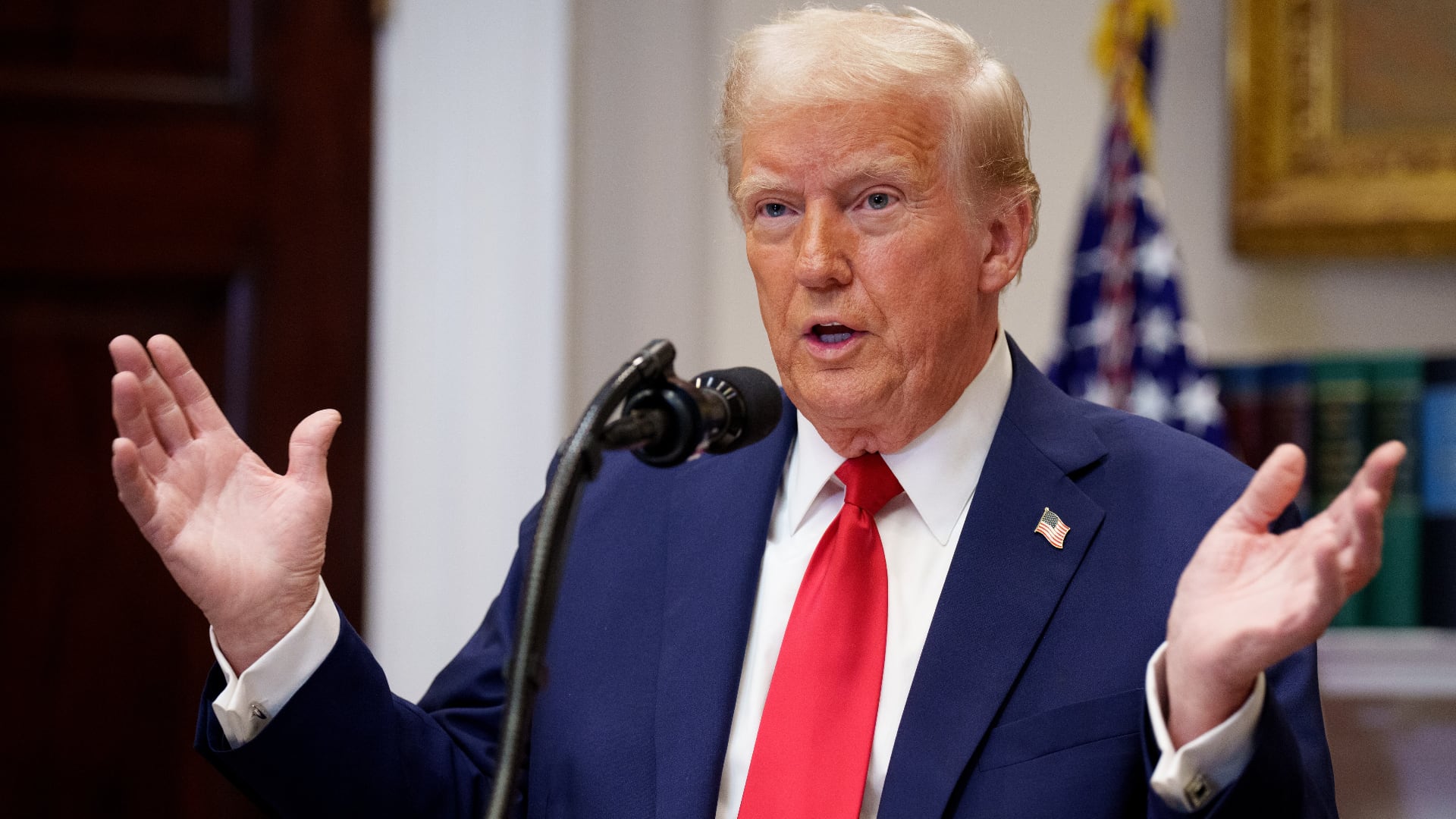*By Carlo Versano* Earlier this month, the major bed retailer Mattress Firm filed for Chapter 11 bankruptcy protection. In the filing, the company acknowledged it had too many stores too close to one another and needed to abandon hundreds of leases nationwide to shrink its footprint, which had grown to an uncontrollable size since the company acquired Sleepy's and gained over 1,000 stores. A few months earlier, Casper ーthe four-year-old online retailer that upended the staid mattress market with viral videos of customers unpacking its mattress-in-a-box ー announced it will open 200 brick-and-mortar locations around the world, adding to the 20 it already has. These two developments almost perfectly capture the strange, topsy-turvy state of consumer retail. "We have a rebirth of retail happening right now," Casper's CMO Jeff Brooks said Wednesday in an interview on Cheddar. Brooks explained how the digitally native direct-to-consumer company is now incorporating old-fashioned stores into its growth plan. Casper now has nearly two dozen competitors in the bed-in-a-box space, but its main competitor is still "Big Mattress," Brooks said. Most people still buy a new mattress the same way they have for generations: by going to a store and awkwardly lying down on a few display beds, watched over by a salesperson making commission and pushing confusing features. Casper's job is to get more people comfortable with the idea of buying a mattress ー a major purchase with which they'll spend a third of their daily hours ー on the internet. And part of that strategy involves opening stores that extend Casper's brand into the physical world and allowing potential customers to get a feel for the product, according to Brooks. It's also an extension of partnerships the company already has with big-box retailers like Target ($TGT) and Costco ($COST) and a shop on Amazon ($AMZN) (with which it competes). That omni-channel strategy, of course, is not new. As the retail landscape shifts, digital brands like Allbirds, Away, and Warby Parker have found success opening design-focused "experiential" stores in high-visibility shopping districts like New York's SoHo. Asked whether he could envision a day when Casper will morph from a direct-to-consumer to store-centric model, Brooks said: "I can see a world where the two become more balanced over time" as consumer behavior changes. "We'll be where they want to be." For full interview [click here](https://cheddar.com/videos/casper-cmo-jeff-brooks-explains-why-brick-and-mortar-isnt-dead).












